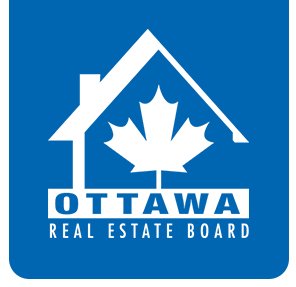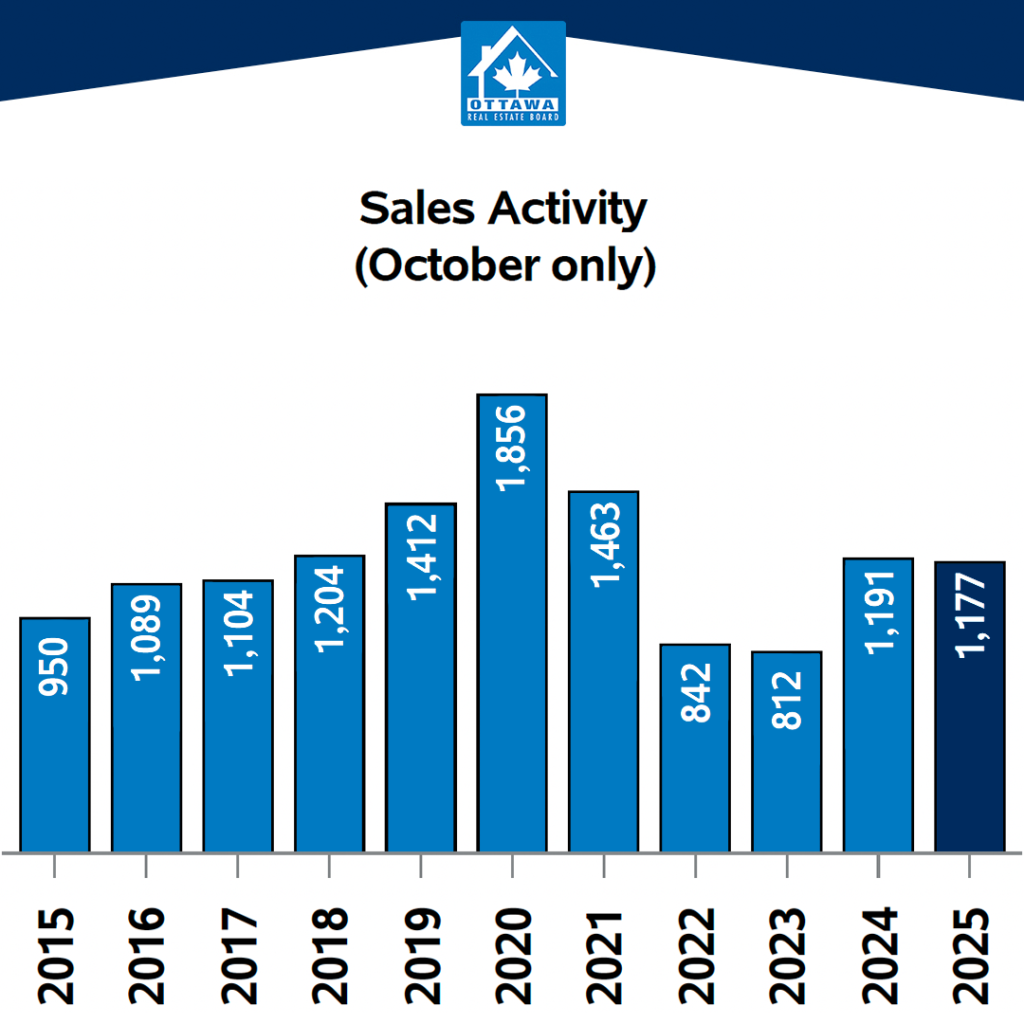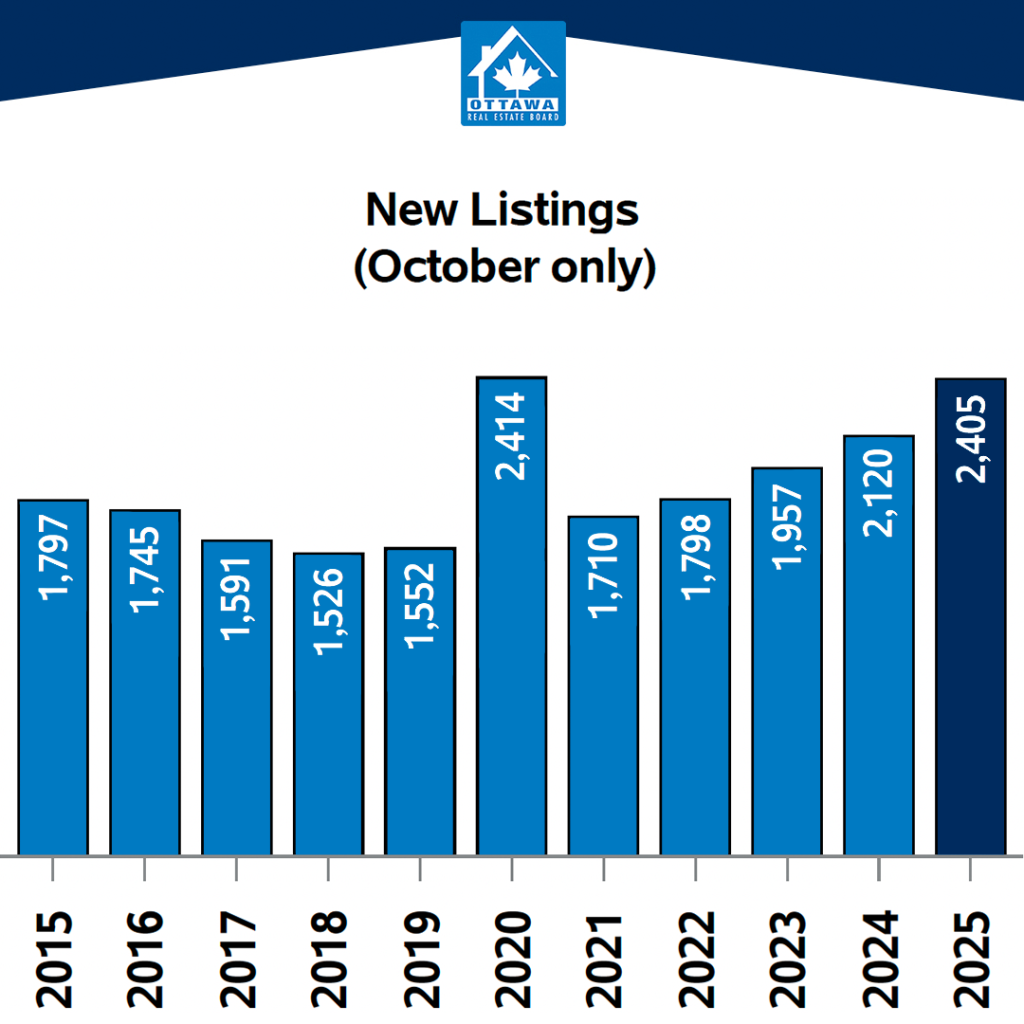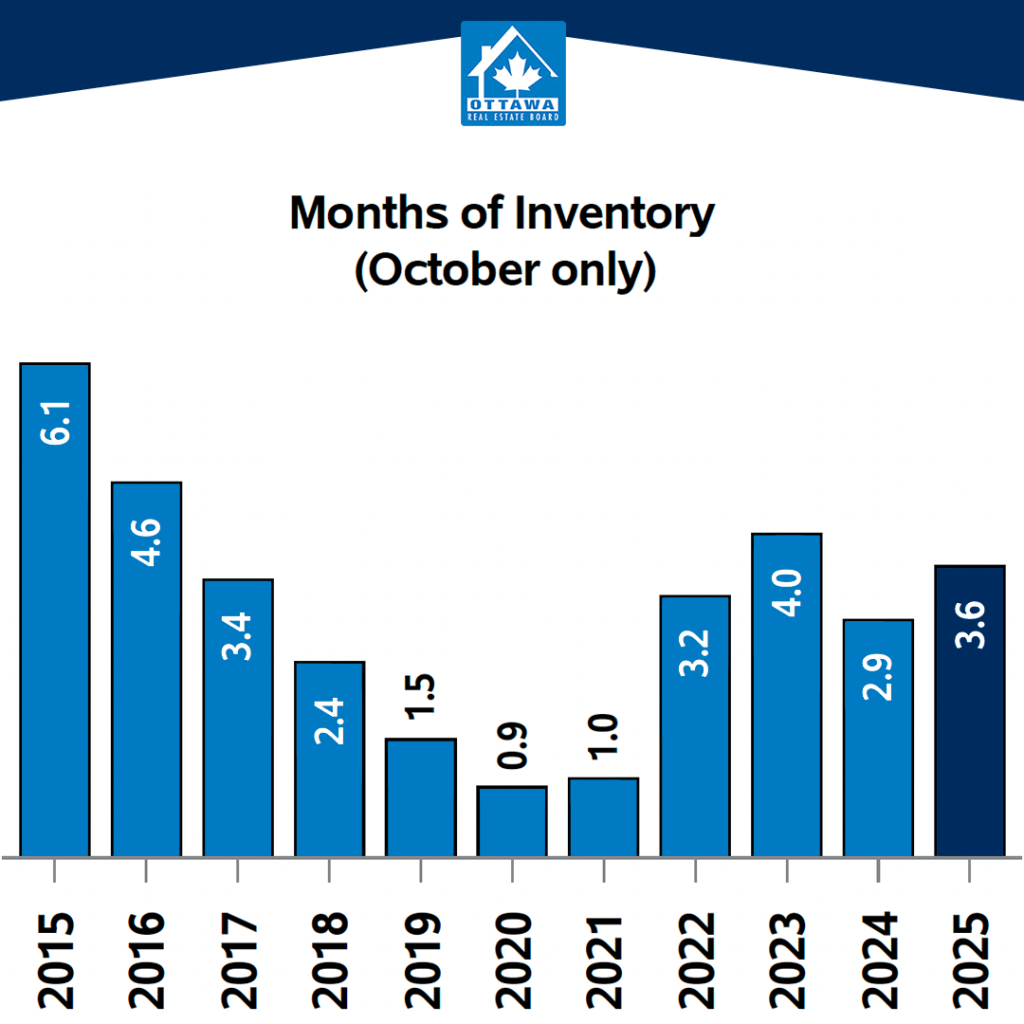Housing affordability remains one of the most urgent challenges facing residents across the City of Ottawa. Families are struggling to enter the housing market, young people increasingly doubt they will ever be able to buy a home in the communities they grew up in, and rental housing is becoming less secure and more expensive for many.
The passage of the Fighting Delays, Building Faster Act, 2025 (Bill 60) is a welcome attempt by the Province of Ontario to speed up Ontario’s housing and infrastructure system by reducing lengthy delays across multiple government processes, including at the Landlord Tenant Board (LTB).
For years, systemic delays and backlogs at the LTB have undermined confidence in the system for both tenants and rental property owners and made the Ontario rental system difficult to navigate and unfair for many. OREB supports measures to speed up hearings, make dispute resolution more efficient, target chronic and high-risk tenancy issues, and restore confidence in the rental market to unlock more rental housing.
In addition, OREB supports measures in Bill 60 aimed at addressing the impact of development charges and other barriers standing in the way of building more affordable housing. High and unpredictable growth-related costs are passed on to buyers and renters, making it harder for families to find homes they can afford. Bill 60 takes important steps to bring more consistency and transparency to how municipalities calculate, administer, and report on development charges. Improving predictability around DCs is a critical step toward lowering the cost of building homes for families, seniors, and renters.
As part of our association’s recent 2025 Days of Action at City Hall, OREB advocated for lower development charges, stronger protections for tenants and rental property owners, and a general city zoning by-law focused on affordability, certainty, and supply. These remain core OREB priorities and we will continue working closely with provincial and municipal partners to ensure Ottawa does not fall further behind on housing affordability.
While Bill 60 is an important step forward, the Bill does weaken some tenant protections. OREB will closely monitor the implementation of the Bill to ensure that it does not lead to unwarranted evictions, reduced appeal rights, or greater housing instability for renters. LTB reform is long overdue, and although Bill 60 represents an initial step, more work is needed to restore affordability and ensure balanced protections across the rental housing system.
OREB will continue to encourage the province to pursue measures that increase housing supply, strengthen overall confidence in the housing system, improve affordability and reduce costs for homebuyers. This includes expanding the HST rebate to all homes.

Paul Czan
2025 President
Ottawa Real Estate Board





